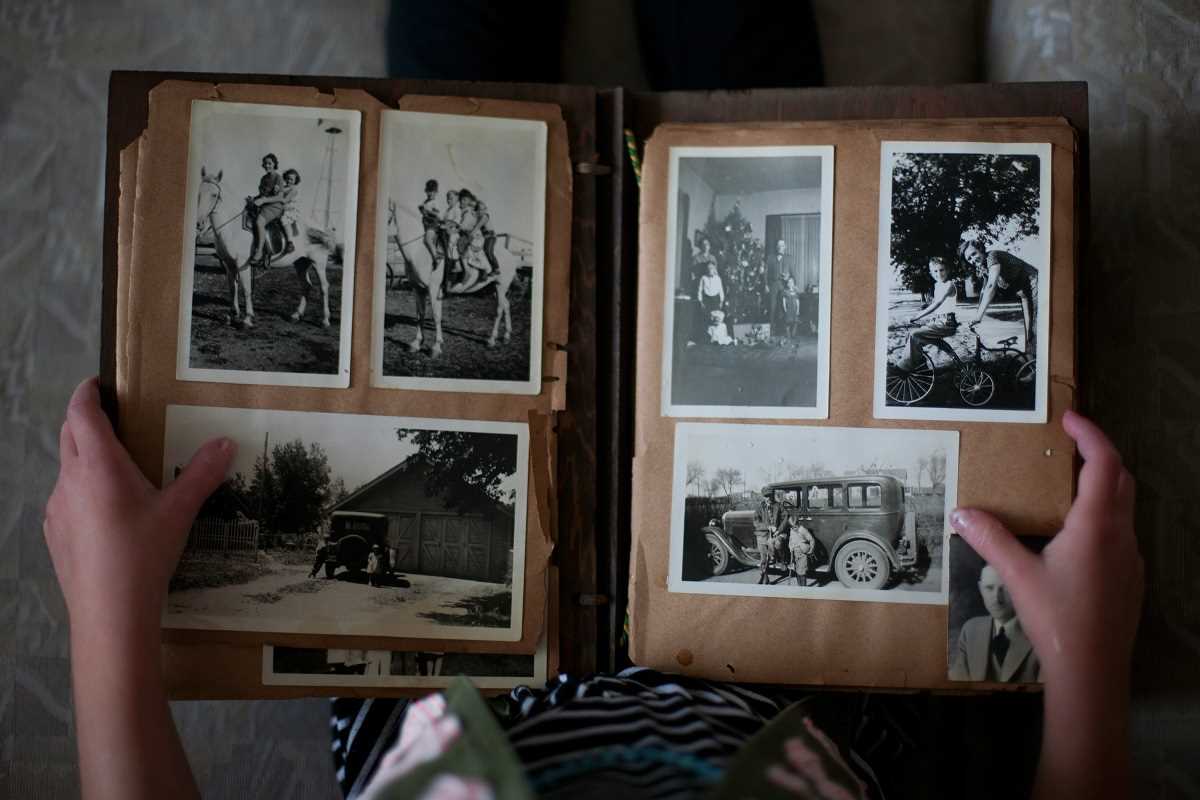Every family has a unique tapestry of stories waiting to be discovered, preserved, and shared with future generations. Starting a family history project might seem daunting at first - after all, you're attempting to piece together countless lives across multiple generations. However, this journey of discovery can be one of the most rewarding projects you'll ever undertake. Beyond names and dates, you'll uncover tales of triumph and perseverance, love and loss, and the countless small moments that shaped your family's journey through time. The key is to approach the project with curiosity, patience, and a systematic plan.
Gathering Your Initial Resources
Before diving into extensive research, start with what's readily available in your own home and immediate family. Those dusty photo albums in the attic, old letters tucked away in drawers, and even seemingly mundane documents like birth certificates and wedding invitations can provide valuable insights into your family's past. Connect with living relatives who might have stories, documents, or photographs to share. Even family recipes passed down through generations can offer clues about your ancestors' lives and cultural heritage. The key is to cast a wide net while organizing your findings in a way that will make sense later.
The Digital Detective's Toolkit
Modern technology has revolutionized genealogical research, making it easier than ever to access historical records and connect with distant relatives. Online databases, DNA testing services, and digital archives have opened up new avenues for discovery that were unimaginable just a few decades ago. However, navigating these resources effectively requires understanding their strengths and limitations. Learning to use these tools efficiently can save countless hours of research time and help you break through seemingly impossible roadblocks in your family tree.
- Create a dedicated space for organizing physical documents and photos
- Set up a digital filing system for scanned materials and online findings
- Start with a basic family tree software to organize relationships
- Record oral histories from older family members while you can
- Join online genealogy communities for support and guidance
- Subscribe to relevant databases and research platforms
- Invest in archival-quality storage materials for preservation
- Download mobile apps for on-the-go research and documentation
- Build a research log to track your progress and sources
- Create backup copies of all digital materials
Organizing Your Research Methods
Success in family history research often depends more on organization than luck. Developing a systematic approach to collecting, verifying, and storing information will save countless hours of frustration later. Create a standardized system for naming digital files, labeling physical documents, and recording sources. Consider using a combination of digital tools and physical filing systems that work with your personal style. Remember that future generations might rely on your research, so clear documentation of your sources and methods is crucial.
Beyond Names and Dates
While vital records form the backbone of genealogical research, the real story of your family history lies in the details of your ancestors' daily lives. What historical events shaped their experiences? What were their occupations, hobbies, and dreams? Understanding the social, economic, and political context of their times can help bring their stories to life. Look for local histories, newspaper archives, and community records that might mention your ancestors or describe the world they lived in.
Building Your Research Network
Family history research rarely succeeds in isolation. Connecting with other genealogists, local historical societies, and distant relatives can provide invaluable assistance and insights. Join genealogical societies, attend workshops, and participate in online forums where researchers share tips and help each other break through brick walls. Sometimes, a fresh perspective or local knowledge can unlock mysteries that have stumped you for months.
The Role of DNA Testing
Genetic genealogy has added an exciting new dimension to family history research. DNA testing can confirm paper trails, break through research barriers, and sometimes reveal unexpected connections. However, it's important to understand the different types of DNA tests available and their limitations. Consider the privacy implications and be prepared for unexpected results that might challenge family stories or reveal previously unknown relationships.
Preserving Family Stories
Documents and records tell only part of the story. The memories, traditions, and personal narratives passed down through generations add depth and meaning to your family history. Consider creative ways to capture and preserve these stories. Record video interviews with older relatives, create memory books, or start a family history blog. These personal touches transform dry facts into engaging narratives that will resonate with future generations.
Handling Sensitive Information
Family history research sometimes uncovers difficult or sensitive information. Approach these discoveries with respect and discretion. Consider how to handle information about adoptions, changes in family structure, or challenging periods in your family's history. Balance the desire for historical accuracy with respect for privacy and feelings of living relatives. Sometimes, the timing of revelations can be as important as the information itself.
Creating a Sustainable Project
Family history research is often a lifelong journey rather than a sprint to the finish line. Set realistic goals and pace yourself to avoid burnout. Break your research into manageable projects, celebrate small victories, and don't get discouraged by inevitable roadblocks. Consider how to make your research sustainable over the long term, both in terms of time commitment and resource allocation.
Engaging the Next Generation
One of the most rewarding aspects of family history research is sharing discoveries with younger family members. Look for ways to make genealogy engaging and relevant to children and teenagers. Create interactive family history activities, use technology to make research more appealing, and connect historical events to modern experiences. Building this bridge between generations helps ensure your research efforts will be valued and continued in the future.
Professional Help and Resources
Know when to seek professional assistance with your research. Professional genealogists can help break through difficult research problems, translate foreign documents, or provide expertise in specific geographical areas or time periods. While hiring a professional can be expensive, their knowledge and experience might save countless hours of frustration and help avoid research pitfalls.
Documentation and Citation
Proper documentation ensures your research stands up to scrutiny and can be built upon by future researchers. Learn basic citation methods for genealogical sources and maintain detailed records of where you found each piece of information. This attention to detail might seem tedious, but it's crucial for creating a reliable family history that others can trust and use.
Creating Shareable Outcomes
Consider how you'll share your discoveries with family members and future generations. This might include creating family history books, digital presentations, websites, or social media groups. Think about formats that will be accessible and engaging for different audiences. Remember that not everyone shares the same level of interest in genealogical details, so consider creating different versions of your family history for different audiences.
The Impact of Historical Context
Understanding the historical context of your ancestors' lives adds depth and meaning to your family history. Research the social conditions, historical events, and cultural practices that would have influenced their lives. This broader perspective helps explain migration patterns, occupation choices, and family traditions that might otherwise remain mysterious.
Looking to the Future
As you progress in your family history project, think about its long-term preservation and accessibility. How will future generations access your research? Consider digital preservation strategies, backup systems, and ways to ensure your work remains available and useful. Remember that today's technology might not be accessible in the future, so consider creating multiple formats for important information.
The Joy of Discovery
Perhaps the most rewarding aspect of family history research is the sense of connection it creates - connection to your ancestors, to living relatives, and to the broader sweep of history. Each discovery, whether large or small, adds another piece to the puzzle of your family's story. Embrace the journey, celebrate the discoveries, and remember that every family's history is unique and worthy of preservation.
 (Image via
(Image via





